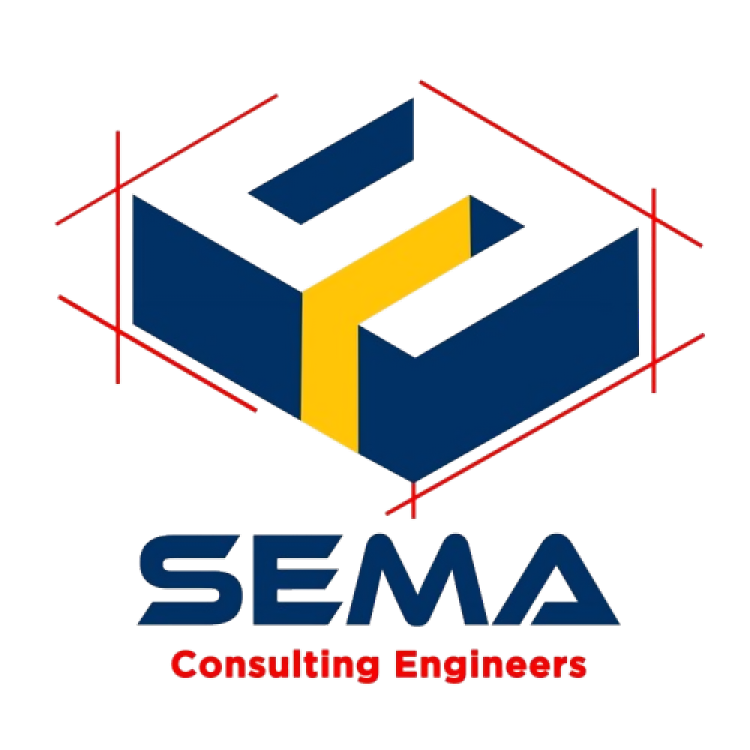Building Responsibly: Environmental & Social Impact Assessments by SEMA Engineering
In the modern era of infrastructure and development, responsible growth demands more than technical precision—it requires awareness of environmental sustainability and social responsibility. That’s where Environmental and Social Impact Assessments (ESIA) come in. At SEMA Engineering & Consulting, ESIA is not just a regulatory requirement—it’s a core commitment to building a better, more balanced future.
🌍 What is ESIA?
Environmental & Social Impact Assessment is a comprehensive process used to evaluate the potential environmental and societal effects of a proposed project before it begins. It helps:
-
Identify environmental risks and social concerns
-
Engage stakeholders and local communities
-
Propose mitigation strategies and management plans
-
Ensure compliance with national and international laws
🛠️ SEMA’s ESIA Services
SEMA offers full-scope ESIA services tailored for infrastructure, industrial, agricultural, and urban development projects. These include:
-
Baseline Environmental Surveys
– Assessment of air, water, soil, noise, and biodiversity to establish existing conditions. -
Social Baseline Studies
– Understanding local demographics, livelihoods, and community dynamics that may be affected by the project. -
Impact Identification & Analysis
– Predicting short- and long-term environmental and social impacts during construction and operation phases. -
Mitigation & Management Planning
– Developing actionable plans to prevent, reduce, or compensate for negative impacts. -
Stakeholder Engagement & Public Consultation
– Promoting transparency by involving communities, NGOs, and regulatory bodies throughout the project lifecycle. -
Environmental Monitoring Plans (EMPs)
– Long-term monitoring to ensure compliance and effectiveness of mitigation measures.
📋 Compliant with National & International Standards
SEMA’s ESIA process aligns with:
-
Pakistan Environmental Protection Act (PEPA)
-
Guidelines of the Environmental Protection Agency (EPA)
-
IFC Performance Standards
-
World Bank and ADB ESIA frameworks
🌿 Why ESIA Matters
-
Protects Ecosystems: Avoids or reduces damage to natural habitats
-
Supports Human Rights: Ensures community well-being and fair compensation
-
Enhances Project Credibility: Builds trust with investors, regulators, and communities
-
Reduces Legal Risks: Helps avoid costly delays, penalties, and community conflicts
✅ Conclusion
At SEMA Engineering, we believe that true progress comes from responsible development. Our ESIA services ensure that every project not only meets legal requirements but also respects the environment and uplifts the communities it touches. By integrating sustainability from the ground up, SEMA continues to deliver infrastructure that is smart, safe, and socially conscious.
